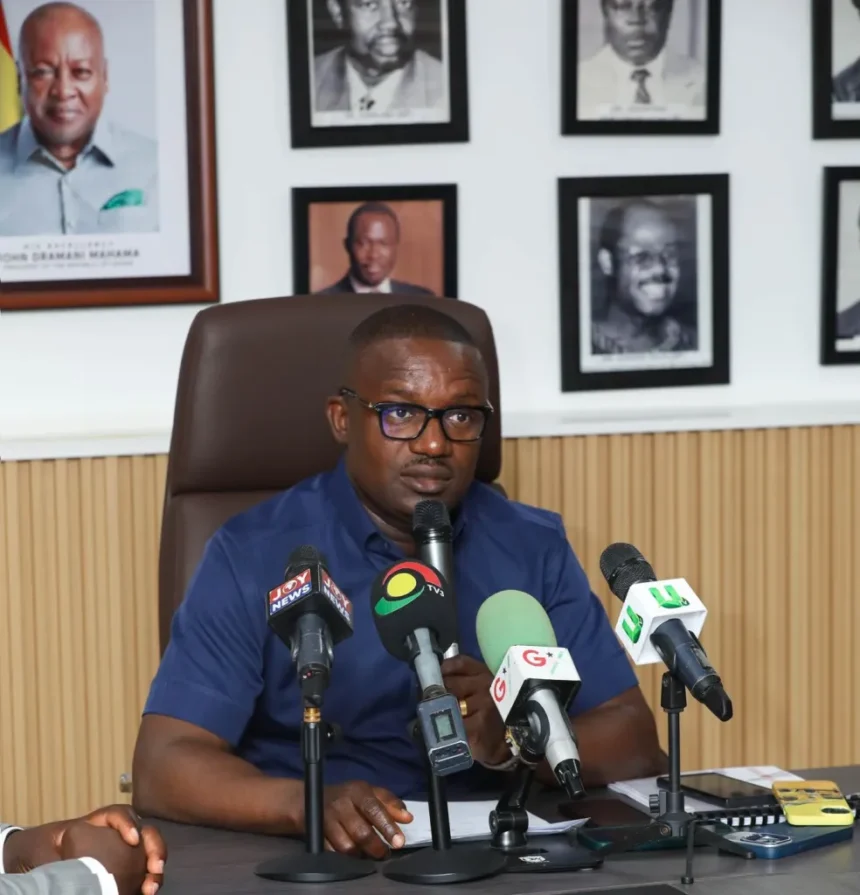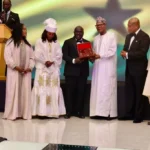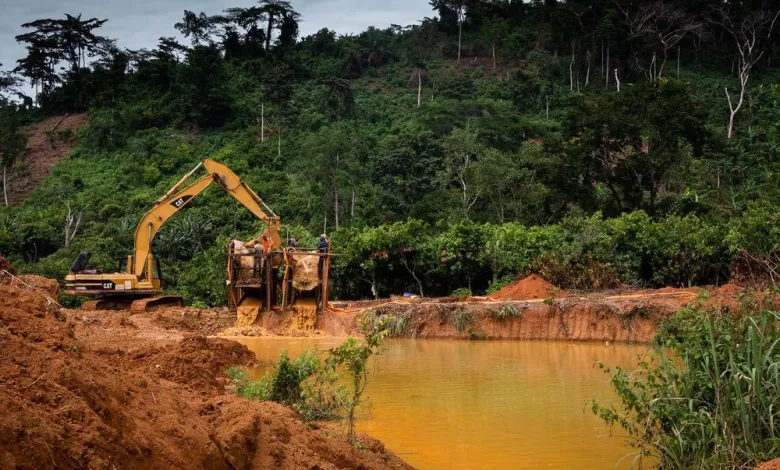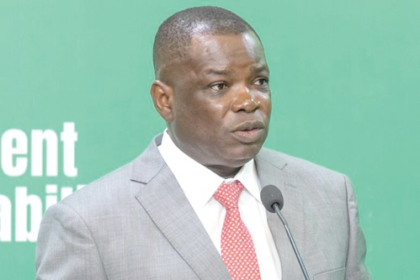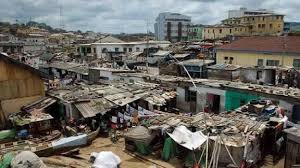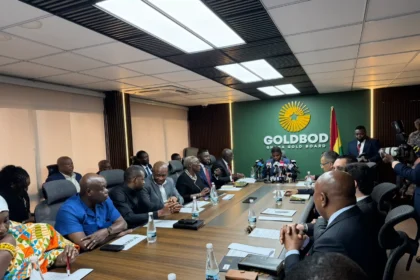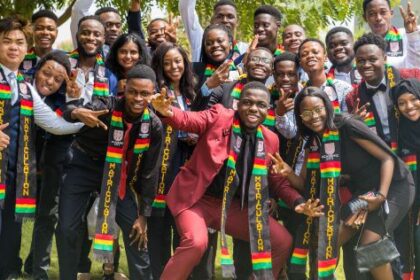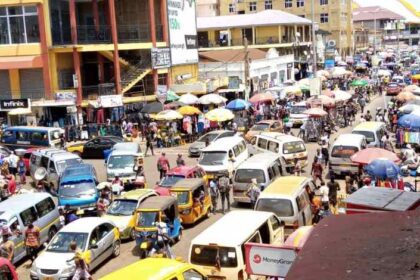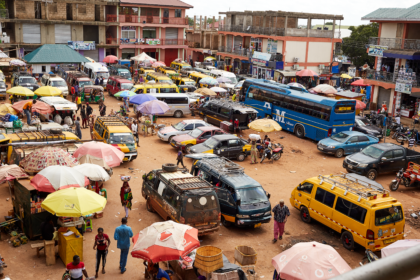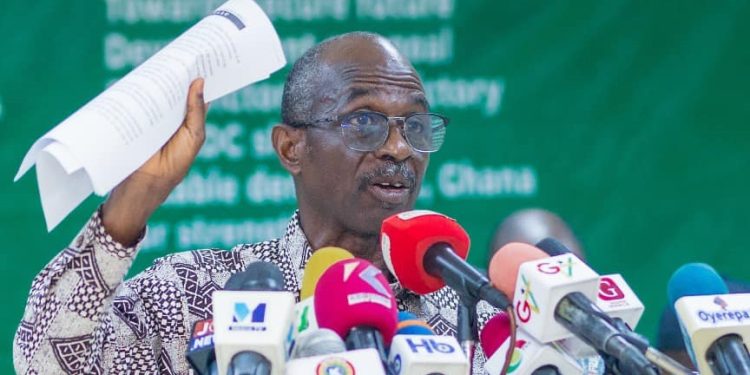Ghana has achieved a stable electricity supply and is now exporting surplus power to neighbouring countries, according to Minister for Energy and Green Transition, John Abdulai Jinapor.
Speaking at a press briefing during the 7th Regional Committee Meeting of the International Solar Alliance (ISA) for Africa, held in Accra on September 4, 2025, the Minister affirmed the government’s progress toward universal access to electricity and a greener energy future.
“Our power supply is fairly stable. We have enough, and we are even exporting,” Mr. Jinapor stated. “Our vision is to achieve at least 10% of our energy mix from renewables—excluding hydro.”
He announced plans to deploy solar-powered irrigation pumps nationwide, a strategy modeled on India’s successful approach to year-round agriculture. The initiative is expected to enhance food security during the dry season, with a Memorandum of Understanding (MoU) with India currently in the works to support implementation and train local artisans.
The ISA summit convened 19 African energy ministers, along with delegates from 39 member states and seven signatory countries, to discuss energy equity and climate-resilient solutions across the continent.
Mr. Jinapor highlighted the scale of energy poverty in Africa, noting that over 600 million Africans still lack access to electricity, and nearly 1 billion people lack clean cooking options, particularly in rural areas.
“Africa is the sunniest continent, yet it generates just 4% of the world’s solar power and receives less than 2% of global clean energy investments,” he noted.
He stressed that universal energy access must be treated not just as a development goal but as a moral obligation, critical to achieving Sustainable Development Goal (SDG) 7 by 2030.
The Minister also spotlighted innovative technologies like Floating Solar Photovoltaics (FSPV) as viable tools for expanding clean energy access while preserving land and water resources.
“Africa’s energy transition must be inclusive, sustainable, and community-driven. It’s about more than power—it’s about empowering people and unlocking development,” Mr. Jinapor concluded.




